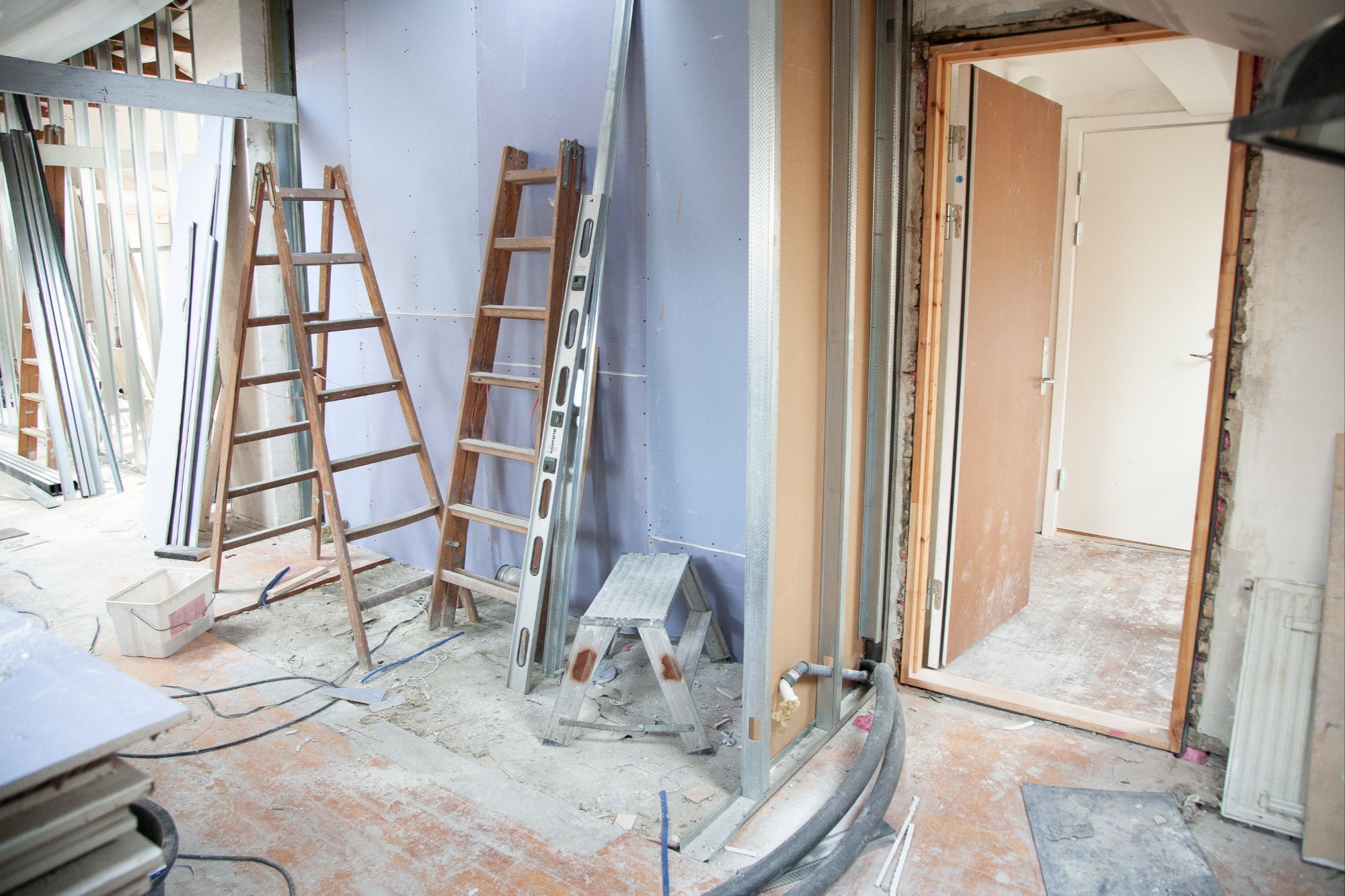Venturing into your first home flip is an exciting yet challenging endeavor. Whether you’re driven by the potential for profit or the thrill of transforming a property, success in the world of house flipping requires careful planning and thoughtful consideration. In this guide, we’ll explore essential factors to contemplate when embarking on your inaugural home flip, ensuring a smoother journey towards a successful investment opportunity.
- Conduct Comprehensive Market Research: Understanding the real estate market is fundamental to a successful home flip. Research local property values, neighborhood trends, and the demand for renovated homes. Identifying target markets will guide your property selection and investment strategy.
- Establish a Realistic Budget: Creating a comprehensive budget is crucial to avoid financial pitfalls. Factor in the purchase price, renovation costs, holding expenses, and a contingency fund for unforeseen issues. A well-thought-out budget will serve as a roadmap, helping you stay on track to maximize your profit potential.
- Select the Right Property: Choose a property with potential for a profitable return on investment. Look for homes in desirable neighborhoods with room for improvement. Consider the property’s condition, renovation potential, and its appeal to your target market.
- Build a Reliable Team: Success in home flipping often relies on a competent and trustworthy team. Engage with professionals such as a real estate agent, contractors, inspectors, and designers. Building strong relationships with experts will streamline the flipping process and enhance the quality of your investment.
- Understand Renovation Costs and Prioritize: Thoroughly assess the property’s renovation needs and estimate the associated costs. Prioritize renovations that will add the most value, focusing on both aesthetic appeal and structural improvements. Balancing quality and cost-effectiveness is key to a successful flip.
- Consider the Time Factor: Time is a critical element in home flipping. Understand the local market’s seasonality, and factor in the time required for renovations, listing, and potential sales delays. Efficient project management will positively impact your bottom line.
- Legal and Regulatory Compliance: Familiarize yourself with local building codes, zoning regulations, and permit requirements. Non-compliance can lead to delays and fines, impacting both your timeline and budget. Consult with professionals to ensure your project adheres to all legal requirements.
- Evaluate Your Exit Strategy: Define your exit strategy before starting the flip. Determine whether you’ll sell the property immediately, rent it out for additional income, or explore other creative options. Understanding your goals will guide your decision-making throughout the process.
- Market Your Property Effectively: Invest time and effort in marketing your renovated property. Leverage both online and offline channels, emphasizing the property’s unique selling points. High-quality photos, staging, and engaging descriptions can significantly impact potential buyers’ interest. Your real estate partner can help you with all of the required tasks for a successful sale.
Embarking on your first home flip is a thrilling journey that demands careful consideration of various factors. By thoroughly researching the market, creating a realistic budget, assembling a reliable team, and prioritizing renovations, you’ll set yourself on a path to a possible success. Remember, each flip is a learning experience, and with careful planning, you’ll be well-equipped to navigate the challenges of the real estate market. Happy flipping!



